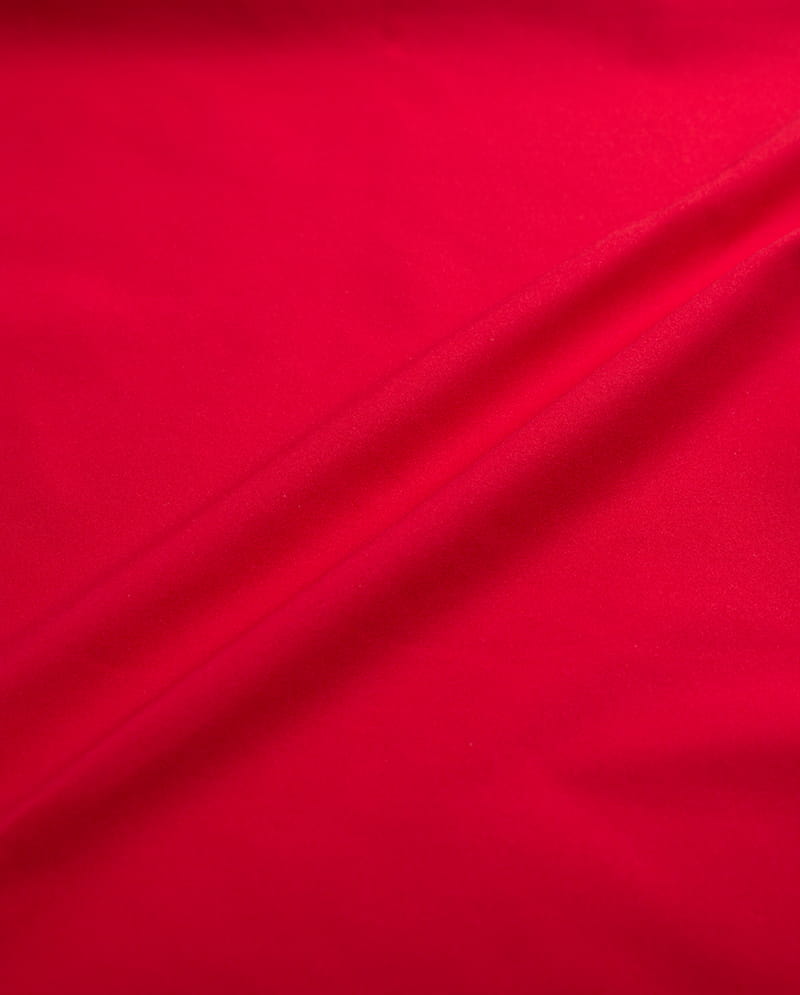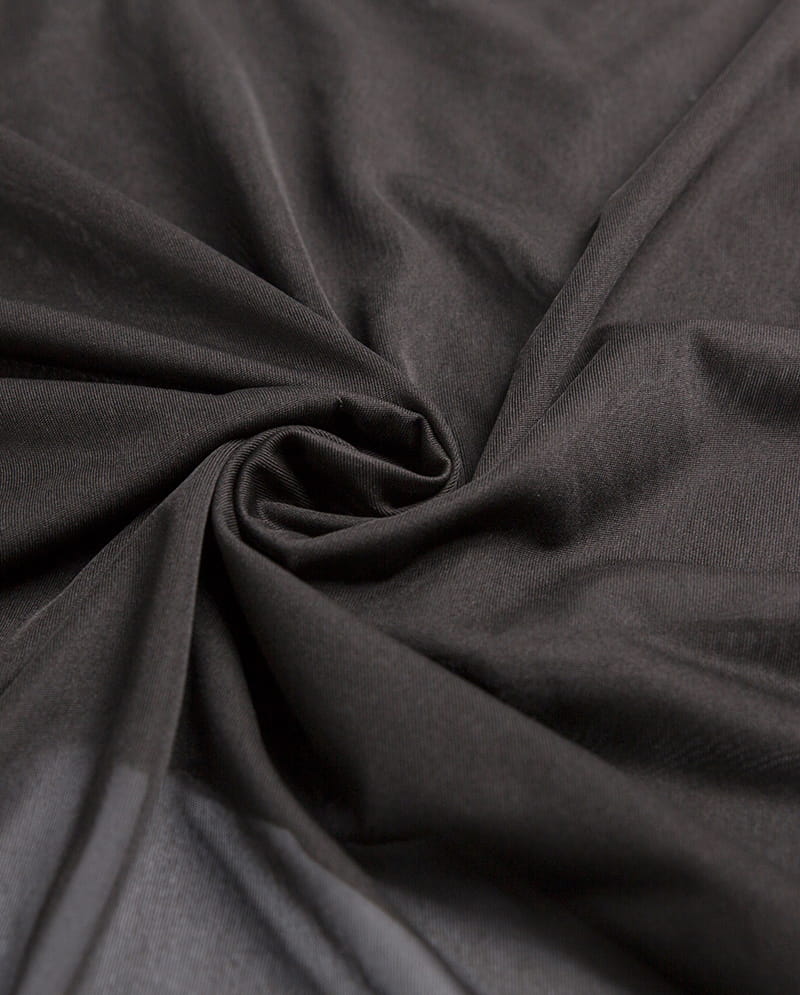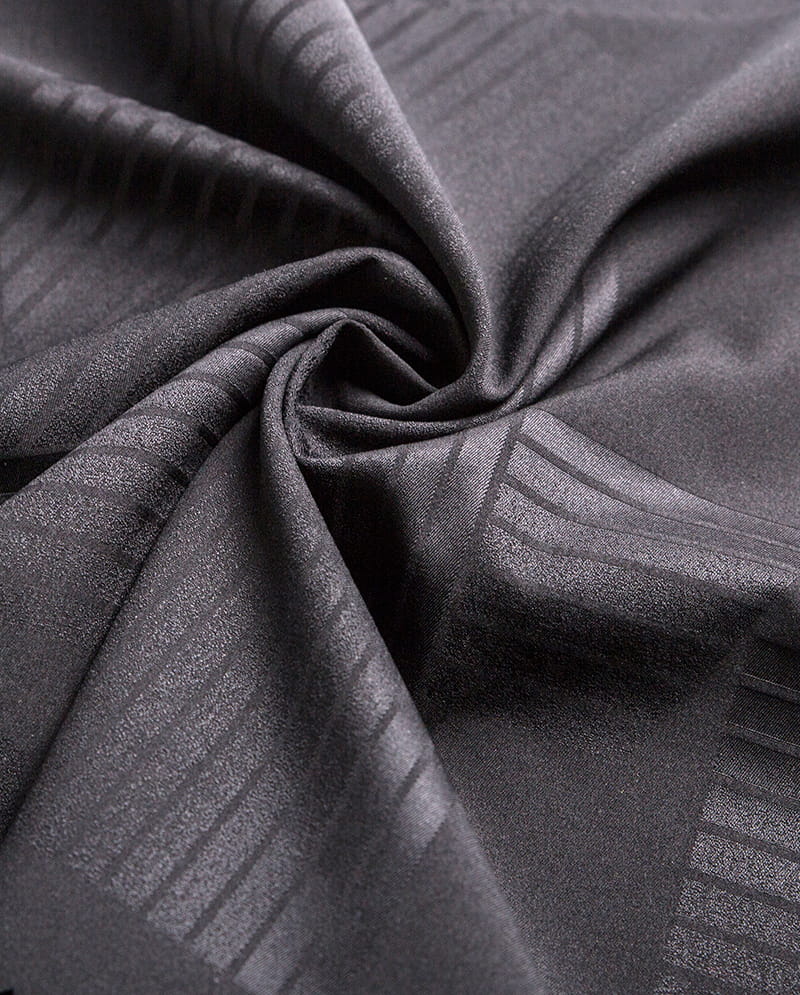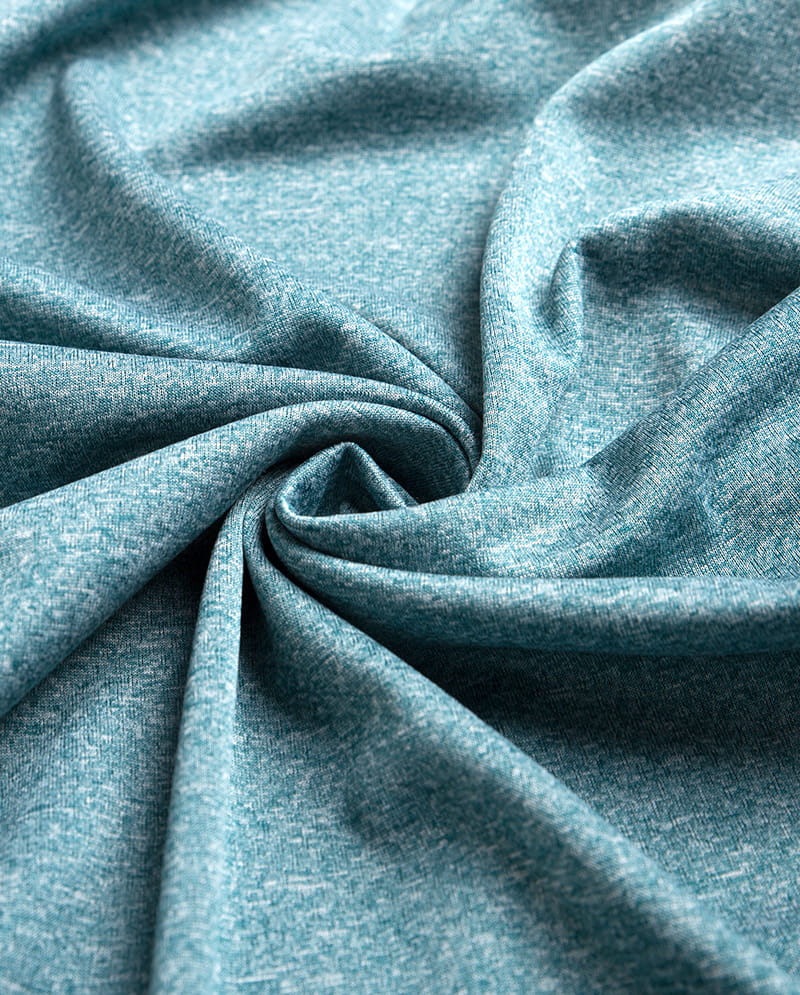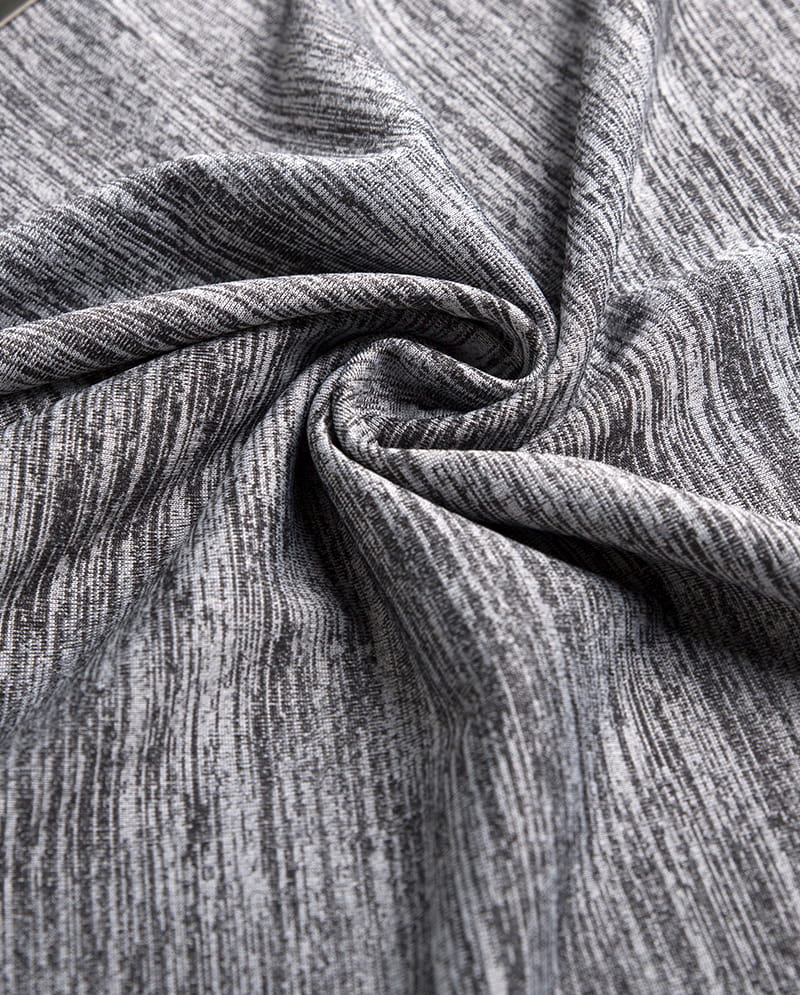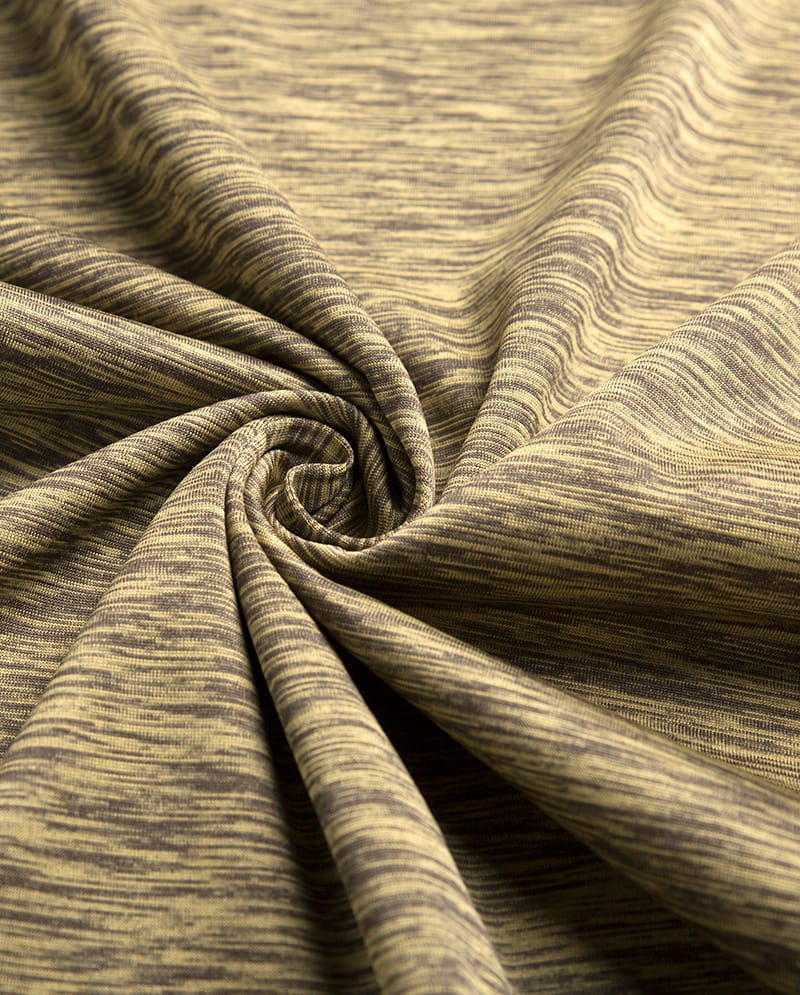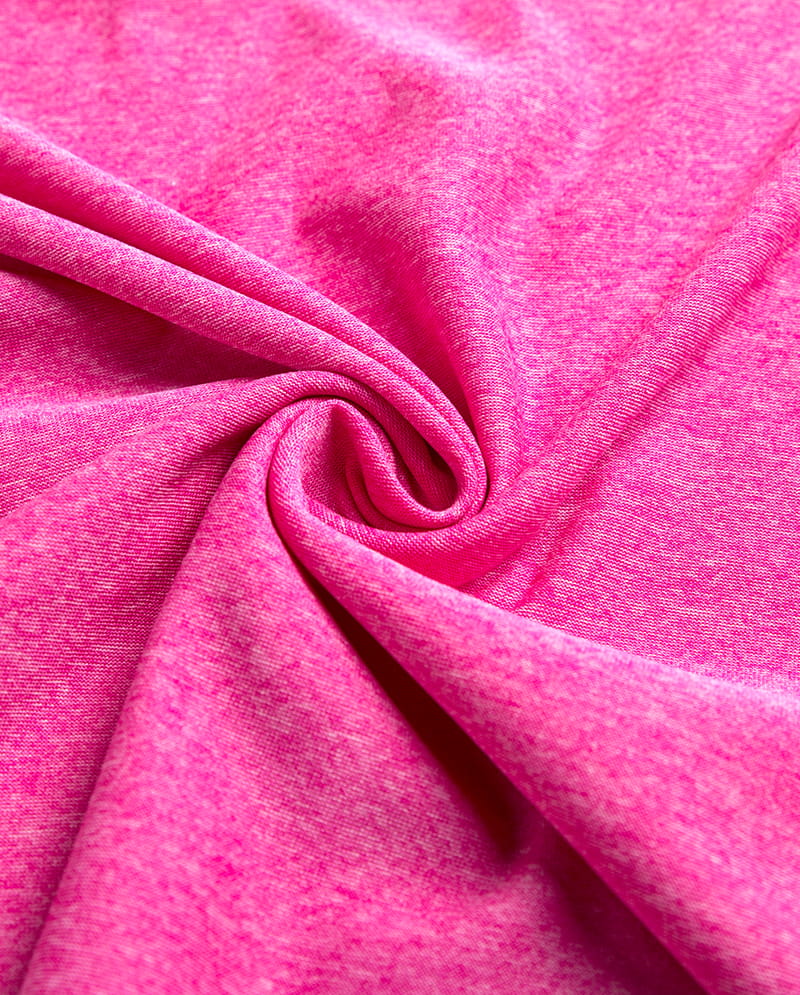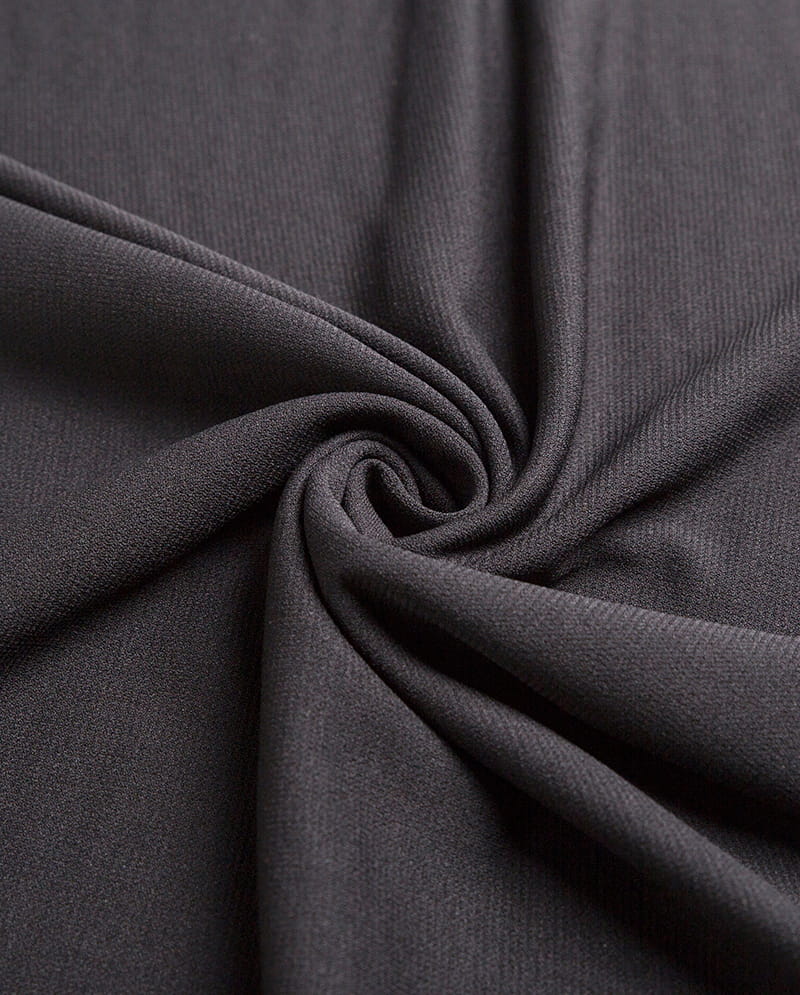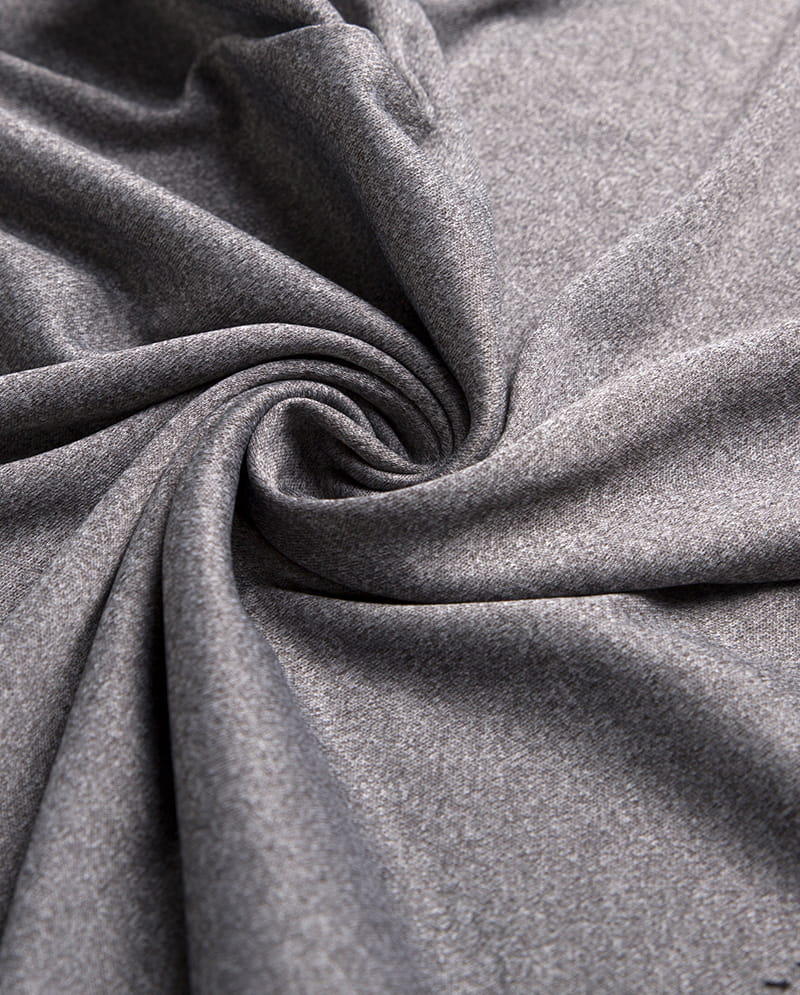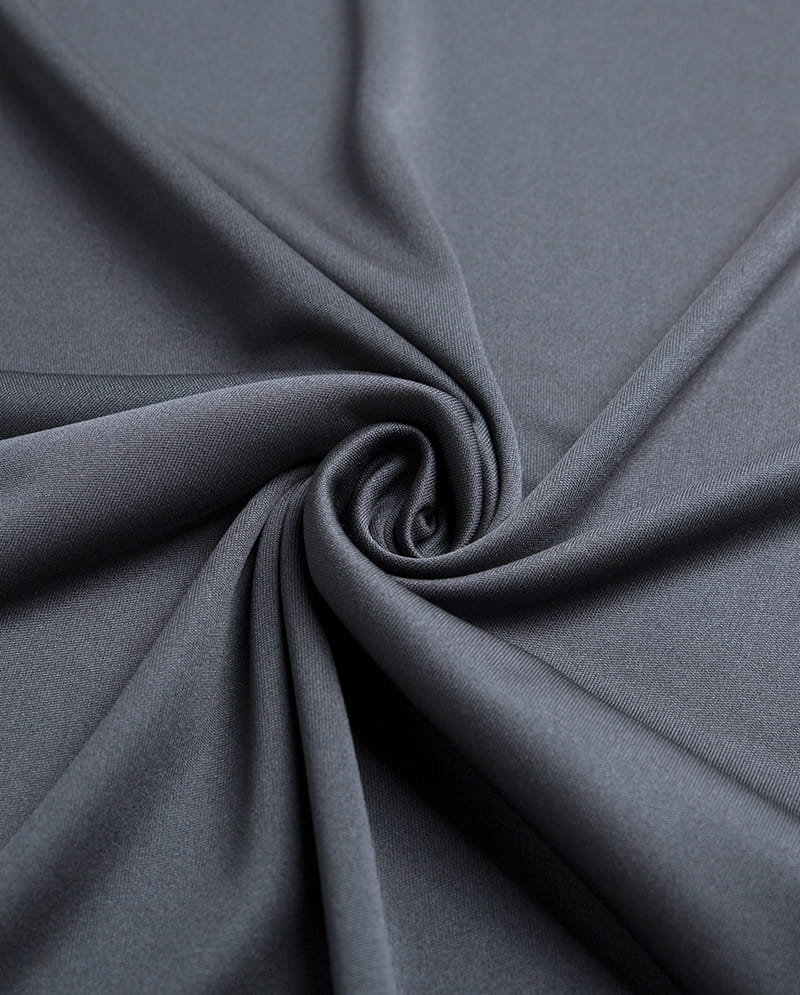Why recycled POY yarn production typically requires less energy compared to polyester
Author: admin / 2023-08-10
The production of recycled Partially Oriented Yarn typically requires less energy compared to manufacturing virgin polyester.
Raw Material Processing: The production of virgin polyester involves extracting crude oil or natural gas, which is then processed and refined to obtain the raw materials necessary for polyester production. These processes, such as drilling, extraction, transportation, and refining, require significant energy inputs. In contrast, recycling polyester waste involves collecting, cleaning, and melting down existing polyester materials, which generally require less energy than extracting and processing new raw materials.
Chemical Reactions: The chemical reactions required to create virgin polyester from raw materials involve high temperatures and pressures, which consume substantial energy. In contrast, the recycling process for polyester waste, while also involving heating and melting, typically requires lower temperatures and shorter processing times.
Polymerization: In the production of virgin polyester, the polymerization process requires the use of catalysts, initiators, and other chemicals, which contribute to energy consumption. Recycled POY yarn production involves melting down existing polyester, skipping the polymerization step and thus reducing the associated energy requirements.
Transportation: Transporting raw materials, intermediates, and final products across various stages of virgin polyester production can involve significant energy expenditure. With recycled POY yarn, the focus is on locally available waste materials, which can reduce the energy-intensive transportation of raw materials.
Supply Chain: The supply chain for recycled POY yarn is generally simpler than that for virgin polyester, which can lead to reduced energy consumption. Recycled materials often have a shorter supply chain, involving collection, processing, and production, while virgin polyester may require multiple steps including extraction, refining, polymerization, and more.
Reduction in Chemical Usage: The production of virgin polyester involves various chemicals, such as those used in the polymerization process and for dyeing and finishing. The use of recycled materials can reduce the need for certain chemicals, leading to energy savings and a lower environmental impact.
It's important to note that the energy savings associated with recycled POY yarn can vary depending on factors such as the efficiency of recycling processes, the energy sources used in recycling and manufacturing, and the specific technologies employed. Nonetheless, the overall reduced energy requirements make recycled POY yarn a more environmentally friendly option compared to virgin polyester, contributing to a lower carbon footprint and reduced greenhouse gas emissions.
Raw Material Processing: The production of virgin polyester involves extracting crude oil or natural gas, which is then processed and refined to obtain the raw materials necessary for polyester production. These processes, such as drilling, extraction, transportation, and refining, require significant energy inputs. In contrast, recycling polyester waste involves collecting, cleaning, and melting down existing polyester materials, which generally require less energy than extracting and processing new raw materials.
Chemical Reactions: The chemical reactions required to create virgin polyester from raw materials involve high temperatures and pressures, which consume substantial energy. In contrast, the recycling process for polyester waste, while also involving heating and melting, typically requires lower temperatures and shorter processing times.
Polymerization: In the production of virgin polyester, the polymerization process requires the use of catalysts, initiators, and other chemicals, which contribute to energy consumption. Recycled POY yarn production involves melting down existing polyester, skipping the polymerization step and thus reducing the associated energy requirements.
Transportation: Transporting raw materials, intermediates, and final products across various stages of virgin polyester production can involve significant energy expenditure. With recycled POY yarn, the focus is on locally available waste materials, which can reduce the energy-intensive transportation of raw materials.
Supply Chain: The supply chain for recycled POY yarn is generally simpler than that for virgin polyester, which can lead to reduced energy consumption. Recycled materials often have a shorter supply chain, involving collection, processing, and production, while virgin polyester may require multiple steps including extraction, refining, polymerization, and more.
Reduction in Chemical Usage: The production of virgin polyester involves various chemicals, such as those used in the polymerization process and for dyeing and finishing. The use of recycled materials can reduce the need for certain chemicals, leading to energy savings and a lower environmental impact.
It's important to note that the energy savings associated with recycled POY yarn can vary depending on factors such as the efficiency of recycling processes, the energy sources used in recycling and manufacturing, and the specific technologies employed. Nonetheless, the overall reduced energy requirements make recycled POY yarn a more environmentally friendly option compared to virgin polyester, contributing to a lower carbon footprint and reduced greenhouse gas emissions.

 English
English 中文简体
中文简体